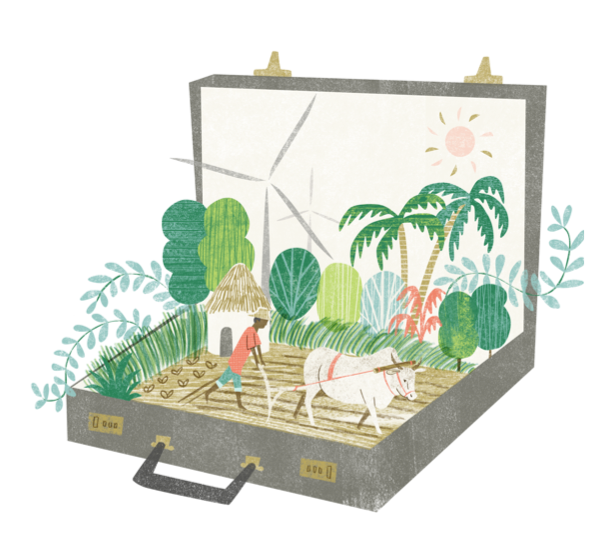
Sometimes it seems, as though all you need to do to invent a cool new thing is put the word ‘social’ together with something. Social media! Social democrats! Social climbing!
But if school socials are the worst kind, social enterprises are the best: a way of doing business that’s just, well, cooler.
Wait, aren’t most businesses social by default? What’s a social enterprise? Isn’t it a hip word for a charity?
Social enterprises straddle the awkward gap between businesses and non-profits. They’re designed to make money; they don’t see ‘doing good’ and ‘doing well’ as being on opposite ends of the business spectrum. They seek investors, not donors. But the biggest difference between a social enterprise and a business is that the social sort has an extra goal that sits right alongside the ‘increase profitability’ one: to improve something in the world around them.
Take Chalkle, a Wellington-based online platform for community education classes. Not only does it allow local experts to make a buck on the side by capitalising on their knowledge of first aid, fruit trees, astronomy, cheese-making, importing, sign language, WordPress and more, it also fills the gap created when the government cut $13.1 million of funding to adult continuing education (ACE) classes two years earlier. Since the money disappeared in 2010, about 180 of the 212 schools offering ACE have dropped the program, and enrolments went from 225,000 people in 2009 to 35,000 in 2012.
Chalkle is still picking up steam but it has more than 1,000 teachers and students already registered in Wellington, Horowhenua, Warkworth and Waiheke, with hundreds of classes listed on the site since its launch.
It makes a small profit off each class held, with the goal of eventually launching the Chalkle platform around the rest of the country and the world.
Though the term ‘social enterprise’ has been around since the 1980s, but the sector has really blown up since the global financial crisis. Social enterprises are estimated to now form 3.5 percent of the USA’s GDP, with a third of that developing in the past three years.
And given we’re a country of bright young things, we’ve been pretty quick off the mark. New Zealand already has special incubators dedicated to making social enterprises work – The Akina Foundation (previously The Hikurangi Foundation) and Enspiral being two.
Derek Handley who founded HyperFactory but since divested it, is also championing the BTeam, a social enteprise aimed at getting businesses to “prioritise peope and planet alongside profit”.
Most of our social enterprises focus on environmental sustainability, from Bucky Box, which seeks to get local food into the hands of local people, to Rekindle, which hires Christchurch young people to make upmarket furniture out of salvaged wood from the city’s demolitions. Meanwhile, the Akina Foundation’s projects range from wind energy to public transport and green housing.
Recognising that social entrepreneurs are getting around to things that the public sector isn’t doing, governments such as Australia’s are now investing in these ventures.
Australia reckons it has about 20,000 social enterprises, with the government recently setting aside AU$20 million for developing them.
Perhaps the real mastermind of social enterprise is the guy who came up with the concept of microfinance, Muhammad Yunus. He got the Nobel Peace Prize for it in 2006 after transforming aid to third world countries simply by providing loans to small businesses. He’s also famous for saying, “Whenever I see a problem, I start a business.”




